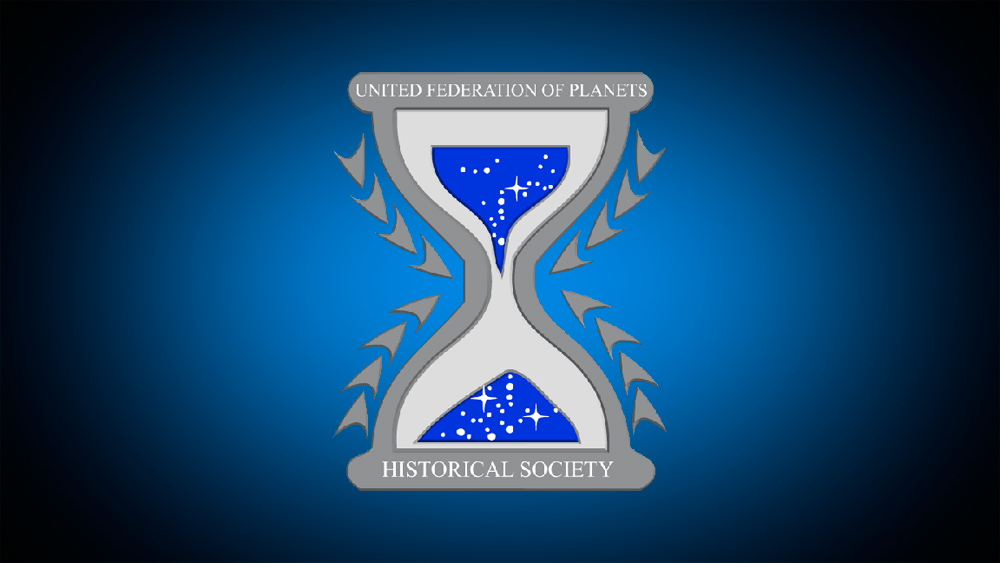Difference between revisions of "Alpha III (FASA)"
(Created page with "{{MyriadAlpha3}} {{ImageInfoBox2|name=Alpha III}} {{TableRow|title=Coordinates|data=28.5, 52.8, 19.0<ref name="Maps"/>}} {{TableRow|title=Astrometrics|data=United Federation...") |
m |
||
| Line 19: | Line 19: | ||
Alpha III was a [[Planetary Classes (FASA)#Class L|Class L]] world, rather [[Earth (FASA)|Earth]]-like but geologically inactive. The initial settlers found the planet to have no native civilization, but later excavations revealed that an intelligent race had died out thousands of years earlier. That race had called their world Kericindal, and, despite the fact that they were technologically advance, they never left their planet to explore space. The dominant species found on Alpha III by the first settlers was a reptilian biped of limited intelligence. These creatures were quite docile, and they quickly developed attachments and exhibited loyalty to individual people, which made them popular as pets.<ref name="WoF"/> | Alpha III was a [[Planetary Classes (FASA)#Class L|Class L]] world, rather [[Earth (FASA)|Earth]]-like but geologically inactive. The initial settlers found the planet to have no native civilization, but later excavations revealed that an intelligent race had died out thousands of years earlier. That race had called their world Kericindal, and, despite the fact that they were technologically advance, they never left their planet to explore space. The dominant species found on Alpha III by the first settlers was a reptilian biped of limited intelligence. These creatures were quite docile, and they quickly developed attachments and exhibited loyalty to individual people, which made them popular as pets.<ref name="WoF"/> | ||
| − | |||
| − | |||
| − | |||
| − | |||
| − | |||
{{References}} | {{References}} | ||
<references> | <references> | ||
Revision as of 13:33, 22 April 2021
| Coordinates | 28.5, 52.8, 19.0[1] |
| Astrometrics | Quadrant I (UFP), Alpha Canaris[2] III[3] |
| Satellites | 4[2] |
| Planetary Gravity | 1.2g[2] |
| Diameter | 10,200km[2] |
| Equatorial Circumference | 36,800km[2] |
| Surface Area | 370 million km²[2] |
| Land Area | 148 million km²[2] |
| Hydrosphere | 60%[2] |
| Rotational Period | 22 hours[2] |
| Notable Species | Humans (6.56 billion)[2] |
| Advertising |
Colonized in the 22nd century as Terra Four,[1] Alpha III became one of the major cultural and administrative centers of the United Federation of Planets,[2] and was perhaps best known as the birthplace of the Statutes of Alpha III, which were considered one of the most important political documents[4] since the Fundamental Declaration of the Martian Colonies, and provided for an independent star system modeled loosely after Plato's "Republic,"[1] and served as a model for other political systems,[2] as well as set major precedents in interstellar law throughout the Federation.[3] Alpha III is a Federation Member, and in the early 23rd century was one of the seven members of the Federation Security Council.[1]
Alpha III was a Class L world, rather Earth-like but geologically inactive. The initial settlers found the planet to have no native civilization, but later excavations revealed that an intelligent race had died out thousands of years earlier. That race had called their world Kericindal, and, despite the fact that they were technologically advance, they never left their planet to explore space. The dominant species found on Alpha III by the first settlers was a reptilian biped of limited intelligence. These creatures were quite docile, and they quickly developed attachments and exhibited loyalty to individual people, which made them popular as pets.[3]
Notes and References
- ↑ 1.0 1.1 1.2 1.3 Maynard, Jeff (Author). Star Trek Maps. Star Trek. Book. Bantam Books. August 1980.
- ↑ 2.00 2.01 2.02 2.03 2.04 2.05 2.06 2.07 2.08 2.09 2.10 2.11 Menke, Bernard Edward and Rick David Stuart (Authors). The Federation. Star Trek: The Role Playing Game. Book 2011. Cover art by David R. Deitrick. Illustrations by Todd F. Marsh, John C. Tylk, Bob Eggleton, Daniel E. Carroll, and Jay Harris. FASA Corporation. 1986.
- ↑ 3.0 3.1 3.2 Johnson, Shane. Star Trek: The Worlds of the Federation. Pocket Books, 1989.
- ↑ Roddenberry, Gene (Executive Producer). "The Galileo Seven." Star Trek, Season 1, Episode 16 (Production 14). Directed by Robert Gist. Story by Oliver Crawford Teleplay by Oliver Crawford & S. Bar-David. Desilu Productions, 5 January 1967.

